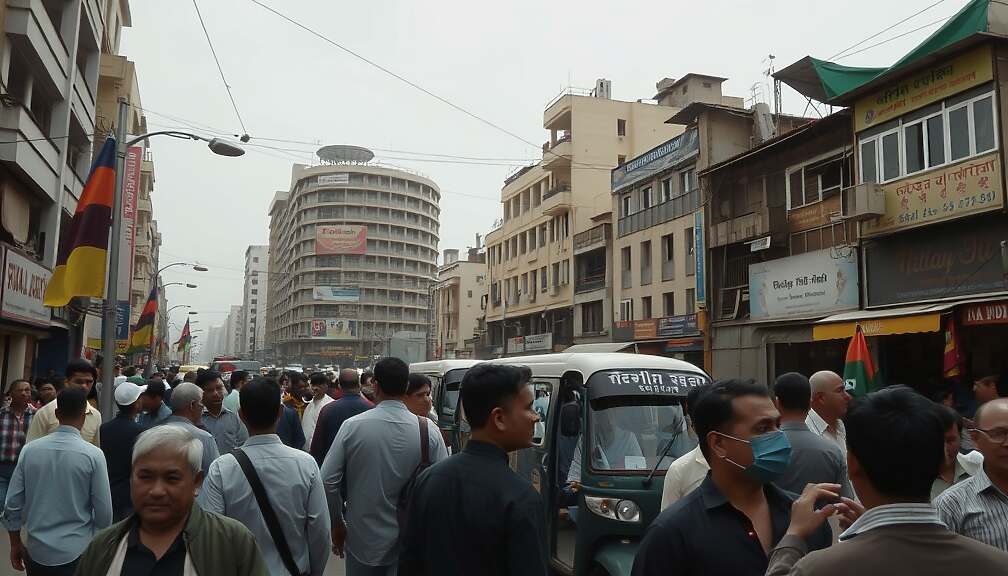A year since its launch, the German government’s critical raw materials fund remains largely inactive, with not a single project approved, Capital magazine reports, citing the state-owned KfW Bank, which manages the fund on behalf of the government.
The KfW is currently burdened with nearly 50 applications from companies proposing concrete projects aimed at bolstering domestic supply chains for vital resources by developing new sources. The fund, initially envisioned with a billion-euro budget and championed by the previous administration, was intended to diminish Germany’s dependence on China, particularly regarding critical raw materials, through the establishment of independent production capabilities and secure alternative supply routes. Projects eligible for funding range from 50 to 150 million euros in equity investment, with the KfW providing risk mitigation.
However, the KfW laments a protracted waiting period, unable to proceed despite the pipeline of proposals. The delay is attributed to the inter-ministerial Raw Materials Committee (IMA Rawstoff), composed of representatives from the Federal Ministry for Economic Affairs and the Federal Ministry of Finance, which holds the power to grant approval – a power it has been hesitant to exercise.
The deadlock has drawn criticism, particularly surrounding the application from Vulcan Energy, an Australian-backed mining company. Vulcan Energy is proposing a sustainable lithium extraction project in the Upper Rhine Valley and submitted a 150 million euro funding request to the raw materials fund as early as October 2023.
Responding to Capital’s inquiry, both the Federal Ministry for Economic Affairs and the Federal Ministry of Finance confirmed that PwC has been tasked with reviewing Vulcan Energy’s project, currently undergoing detailed economic feasibility assessments. The selection of PwC as the reviewing firm followed a Europe-wide tender process, only concluding in July. There is no clear timeframe for when the IMA Rawstoff will deliver its initial verdict.
Sources familiar with the situation suggest the delays are fueled by an internal power struggle between the two ministries. While the Ministry of Economy acknowledges previous ambiguities surrounding the fund’s financing, indicating a negotiated “shared financing” agreement, details remain undisclosed. Both ministries maintain that initial project decisions are expected “later this year”. The lack of transparency and the protracted approval process are raising questions about the effectiveness of the fund and the government’s commitment to securing critical resource independence.












